They Called Delhi Home for 30 Years, The City Calls Them Illegal Bangladeshis - Jai Hind Camp Residents Brace for Bulldozers
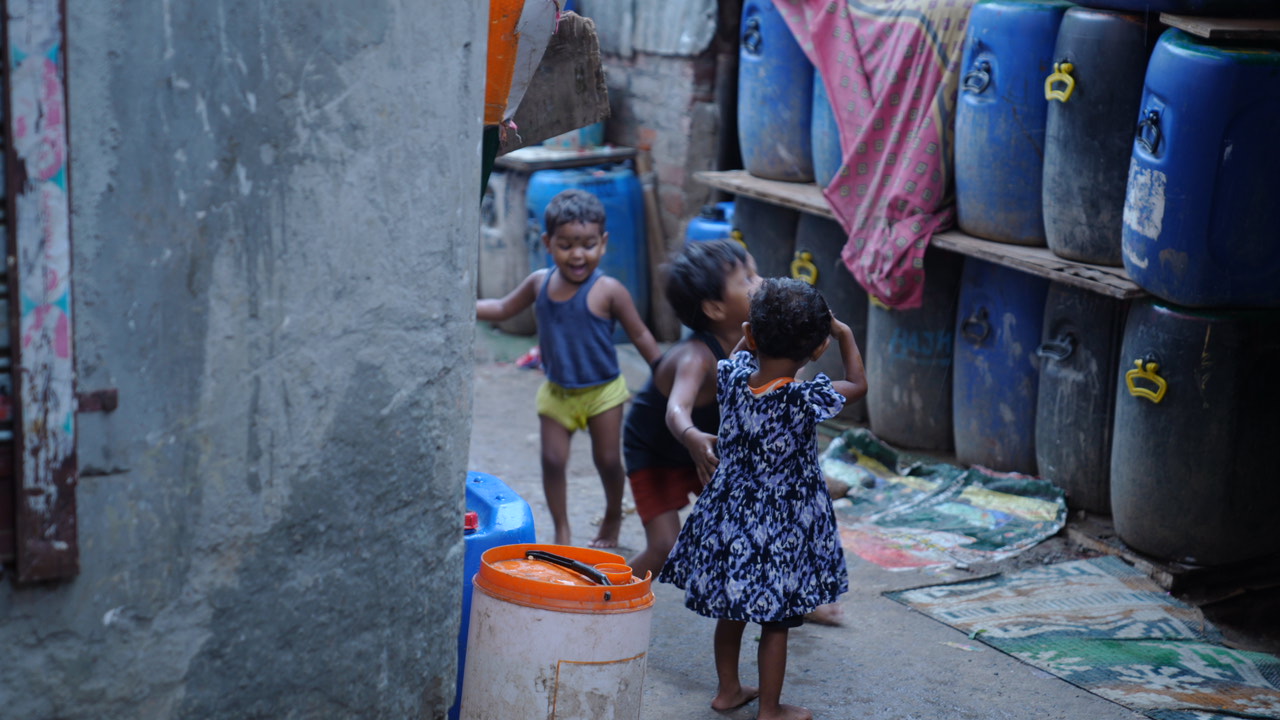
Sana Kauser, TwoCircles.net
New Delhi: More than a thousand Bengali migrant families living in Jai Hind Camp, a slum tucked behind the upscale Vasant Kunj in South West Delhi, have been handed a bundle of miseries with the arrival of the monsoons.
For over a dozen days now, the community has endured a complete collapse of electricity and water supply, making everyday survival a painful ordeal under the oppressive wetness of the city’s monsoon. On July 8, the power supply was abruptly cut off in the area allegedly without any prior notice or explanation.
Many of the residents have been living here for decades, contributing to the city’s informal economy as domestic workers, rag pickers and contract labourers. Life for them has become a daily struggle for basic survival.
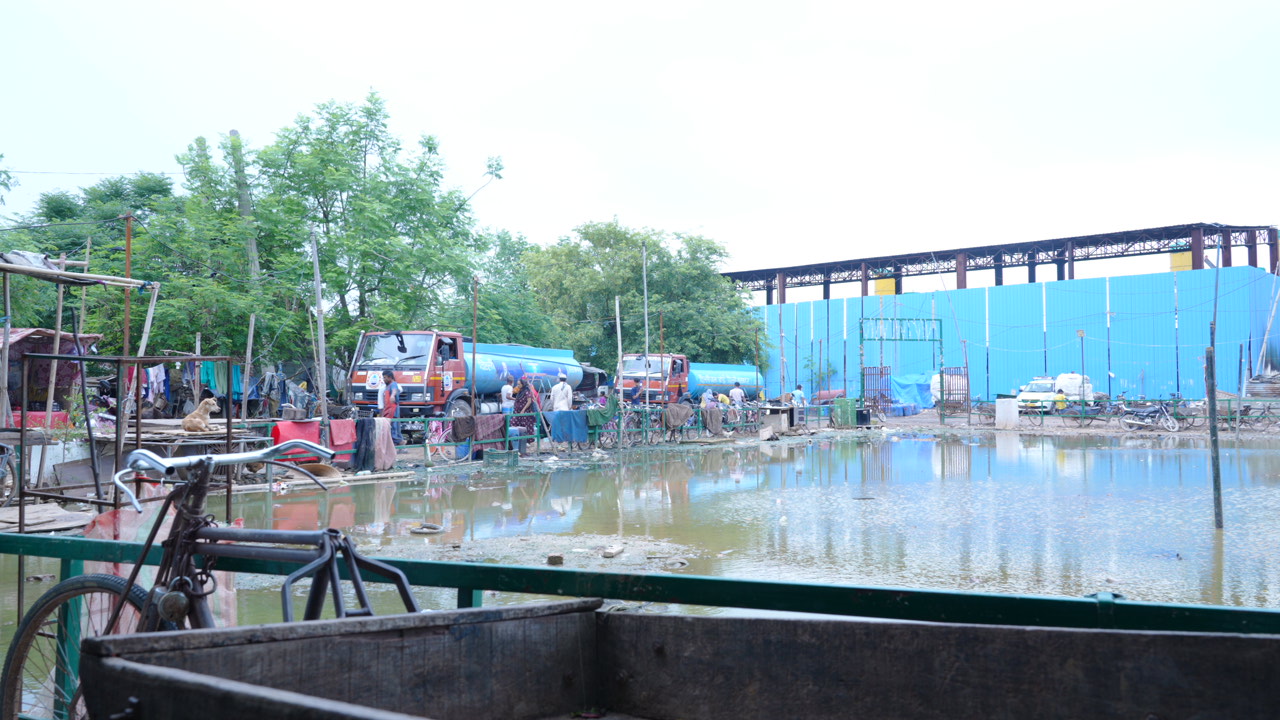
The sudden blackout came on the heels of a recent court order directing residents to vacate the land they have called home for more than 30 years. As a result, families who once depended on a communal electricity line now live by the flickering light of candles and fending off swarms of mosquitoes breeding in stagnant rainwater.
Fatima Bibi, a 52-year-old resident who has lived in Jai Hind Camp for nearly 25 years, described her community's suffering, "There are babies in this camp; there are people who are ill and old. Everyone is suffering because of the abrupt cut-off of electricity. It is too hot at night, and the mosquitoes do not let anyone sleep. The children cry, and the elderly people cannot breathe."
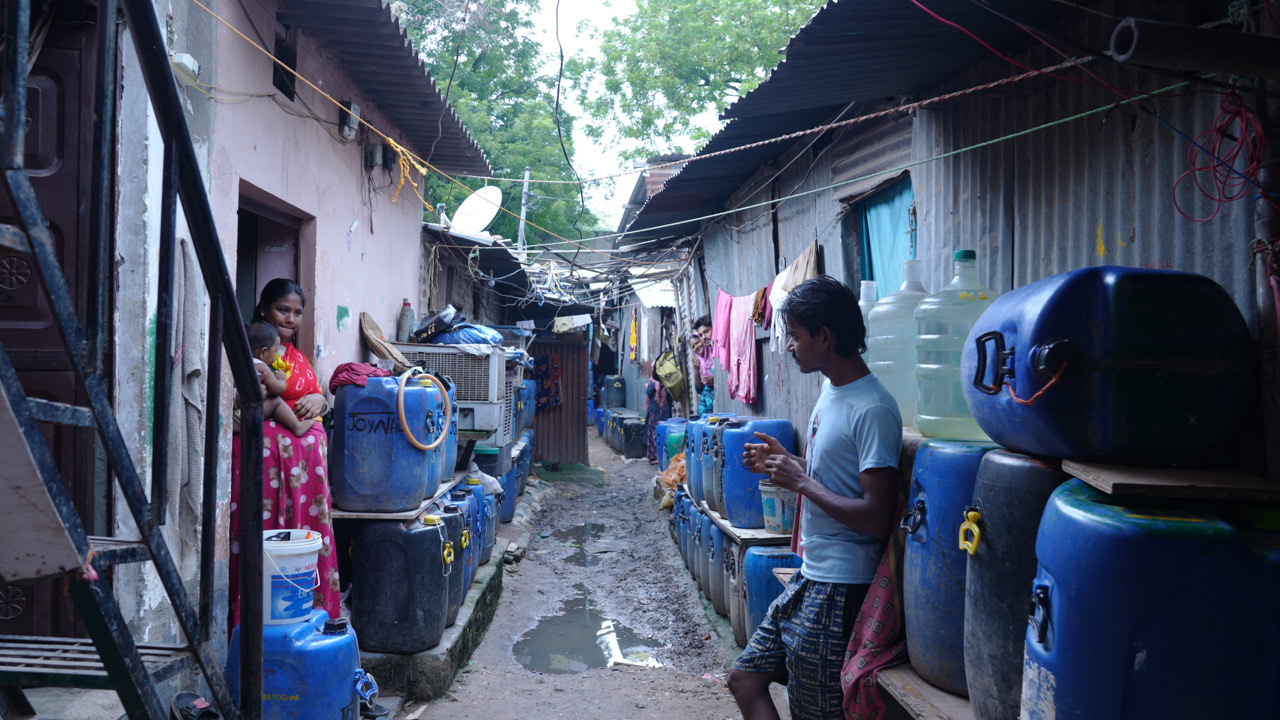
It is shared misery that grips residents of all ages.
Home to around 1,400 families, mostly migrants from West Bengal and neighbouring states, the camp has gradually grown into a dense neighbourhood of narrow lanes, small shops and places of worship. Many residents possess valid voter ID cards, ration cards and Aadhaar cards, asserting their long-standing settlement in the national capital.
Muntaha Khatoon, 37, who migrated from Cooch Behar (West Bengal) in 2004, said, “Despite having all the necessary documents, we are still being called Bangladeshis because we speak Bengali. I tell these people to please check our documents before making such false allegations. Now we are uncertain about our residence, and we fear the camp will be demolished. This is what poor people in Delhi are going through.”
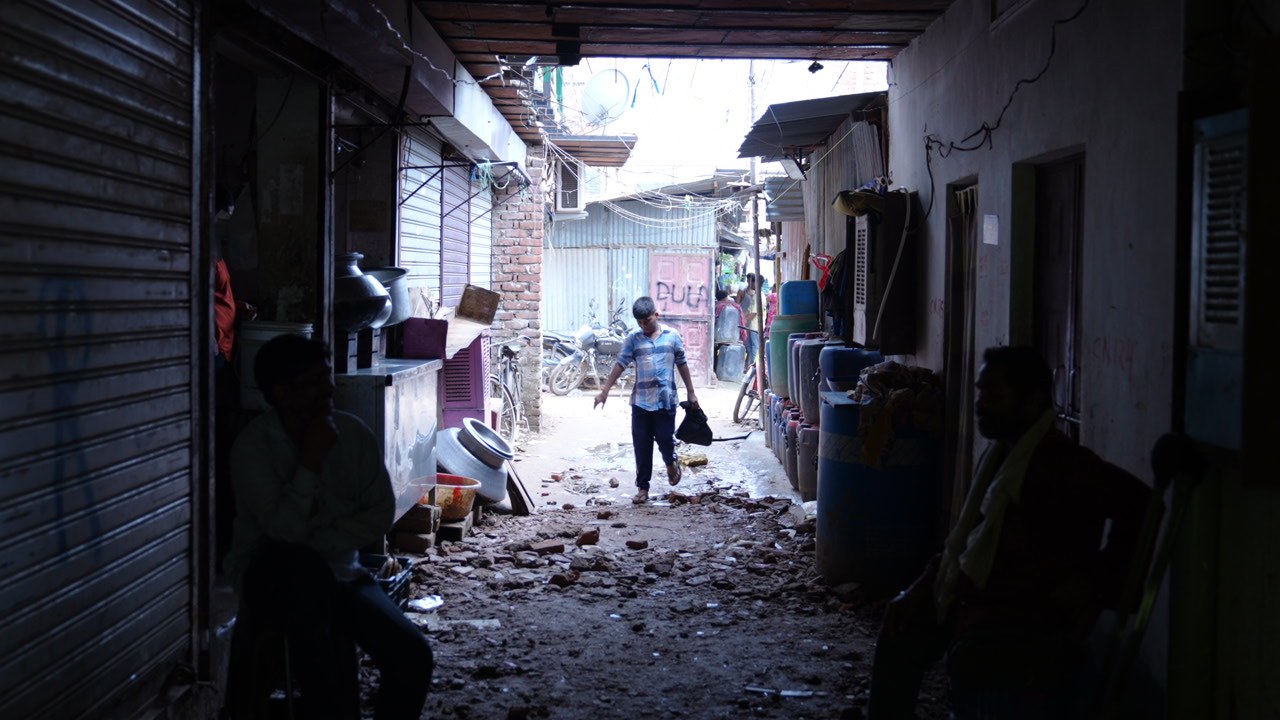
Muntaha, a domestic worker, said she had spent her entire income to buy a one-room shelter, which now stands under the shadow of a bulldozer.
The ongoing blackout has also crippled the local economy. Asma Khatun, 36, who runs a small store in the camp, said, "My refrigerator is not working, so I am not stocking items like milk, butter or cold drinks. Customers come and go when they do not find what they are looking for. My shop is doing miserably. In this heat, who will buy melted ice cream or milk that has gone hot?"
She added, “We have been living here for the last two decades and have voted here. Political candidates visit us during campaigns, but where are they now when we need them the most?”
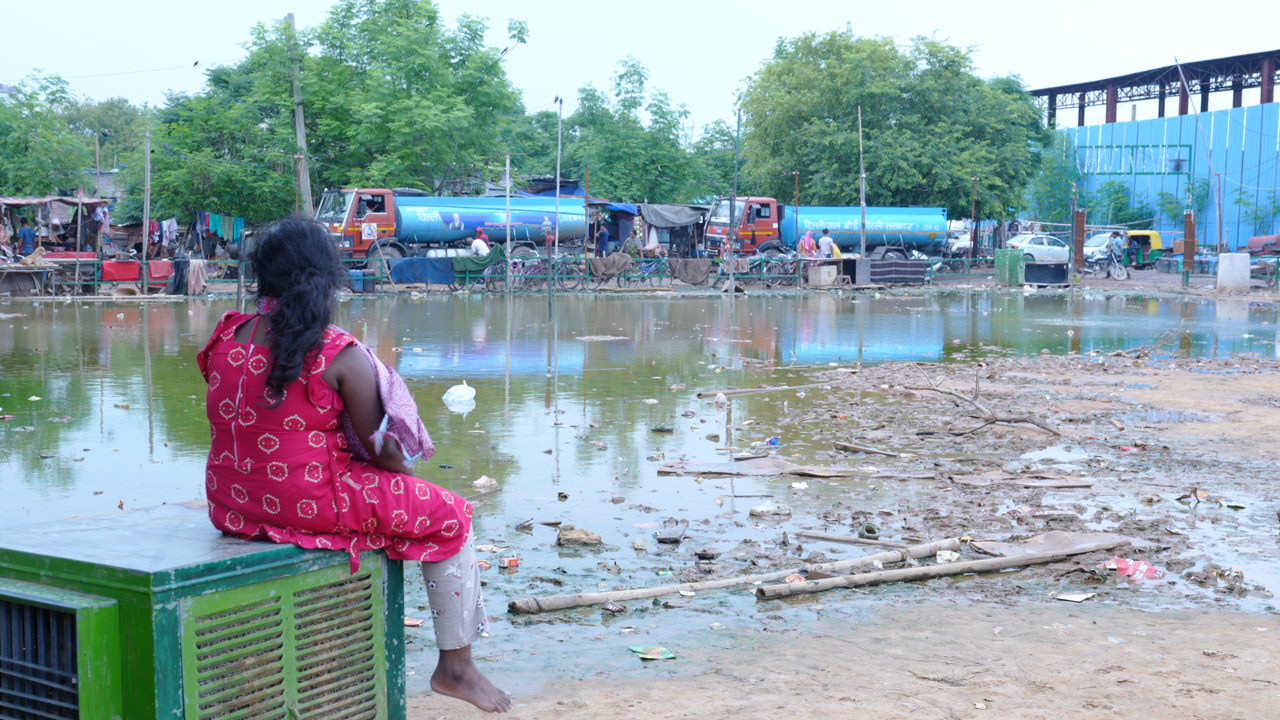
The lack of basic services has also raised serious health concerns. With waterlogging from the rains and no drainage, mosquito infestations are rising. Residents say mosquito coils and candles are nearly useless without fans or proper ventilation. The fear of vector-borne diseases like malaria looms large, especially during Delhi’s monsoon season.
The crisis has hit the children and youth particularly hard. Sheikh Ahmed, a 15-year-old student who is in Grade 9 and whose father is a rag picker and mother a domestic help, spoke of his struggles. "My exams are coming up, but I cannot study at night without electricity. It is too hot to concentrate," he said.
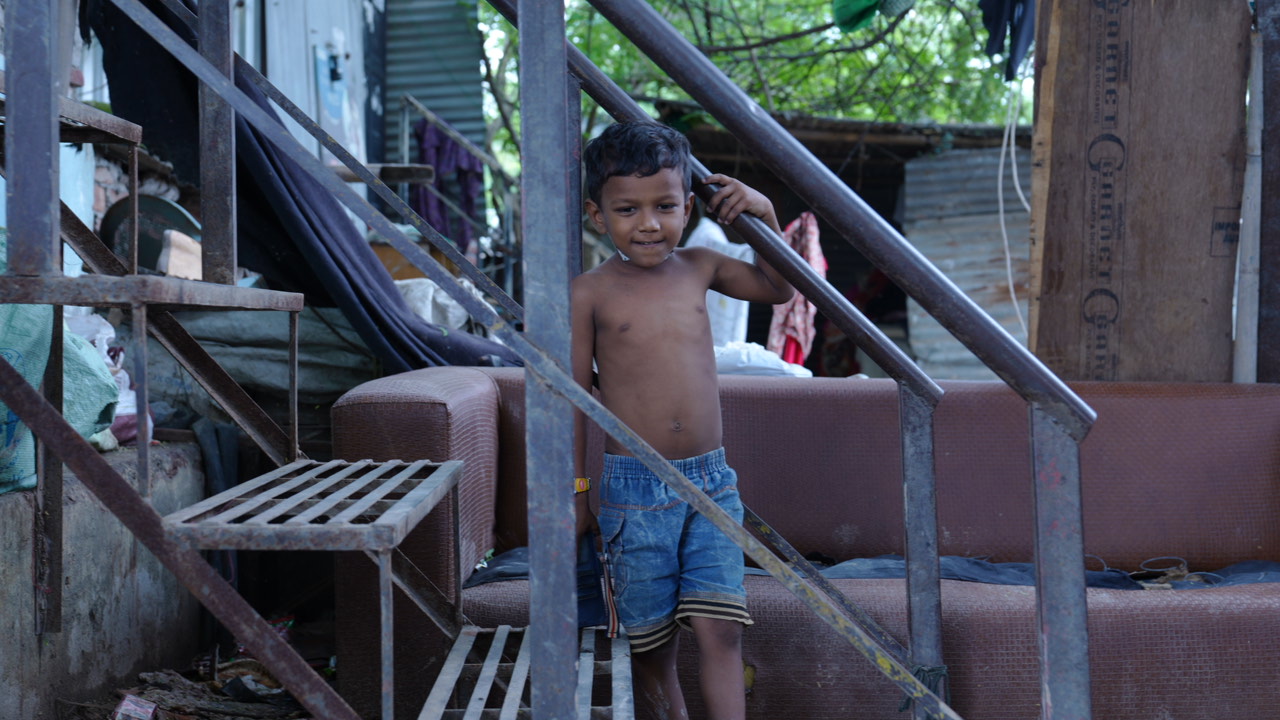
His dreams of finishing school and finding stable work beyond the camp feel increasingly distant.
For working adults, the lack of electricity is a second blow after a long and exhausting day.
Rahim, a delivery boy for Swiggy who has been living in Jai Hind Camp since 2014, described his ordeal, "We work outside all day in this heat. When we come home, there is no fan and no cold water. It is becoming unbearable to survive in this humid weather."
Jai Hind Camp exists in a gray legal zone. It remains unrecognised as a resettlement colony under Delhi’s urban development plan. For years, this ambiguous legal status has left residents vulnerable.
Many recall being labelled as “Bangladeshis” despite having decades-old documentation. Some even report facing harassment or physical attacks for speaking Bengali in local markets, signs of a deeper identity crisis and systemic exclusion.
A lawyer working on behalf of the residents, who asked not to be named due to the sensitivity of the case, said, "This is not a simple disruption of electricity. The real issue is the legal status of the land, the rights of those who have been living here for decades and the lawful process - or lack of it - that authorities must follow to displace such a large population."
Jai Hind Camp traces its beginnings back to the 1990s, when migrants from states like West Bengal, Bihar, Assam and Odisha began settling on what was then agricultural land near Masoodpur village. With time, they built shelters around areas that offer them daily wage jobs. Over the years, the slum transformed into a self-sustaining society, but without formal recognition.
As Delhi grew and modernised around them, Jai Hind Camp’s residents continued to do the city's essential but invisible work - cleaning homes, collecting garbage and delivering food. Now, faced with eviction, blackouts and a collapsing infrastructure, many fear losing not only their homes, but their place in the very city they helped build.
“We built our lives here. We work for this city. But today, even our basic needs are being taken from us,” said Fatima Bibi, as darkness once again descended on the camp - a silence only broken by buzzing mosquitoes and the restless cries of children.
